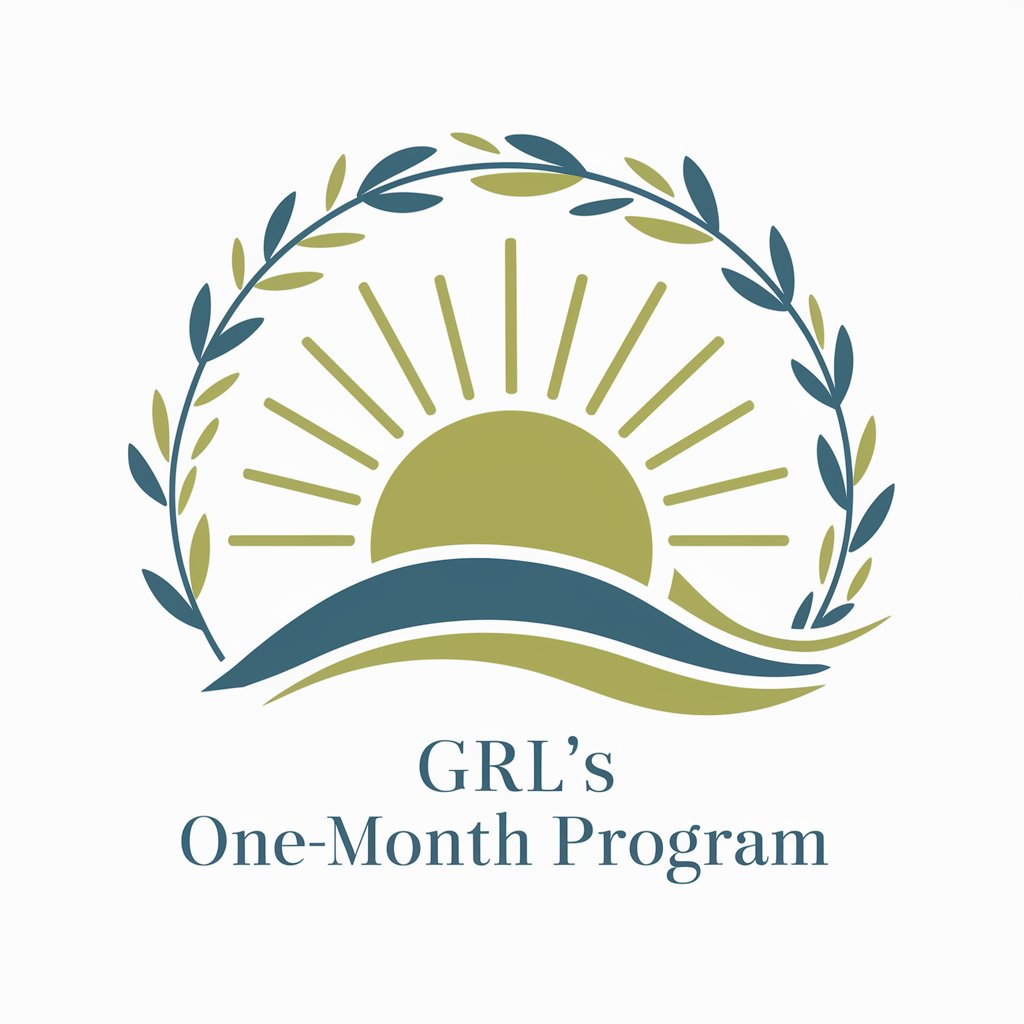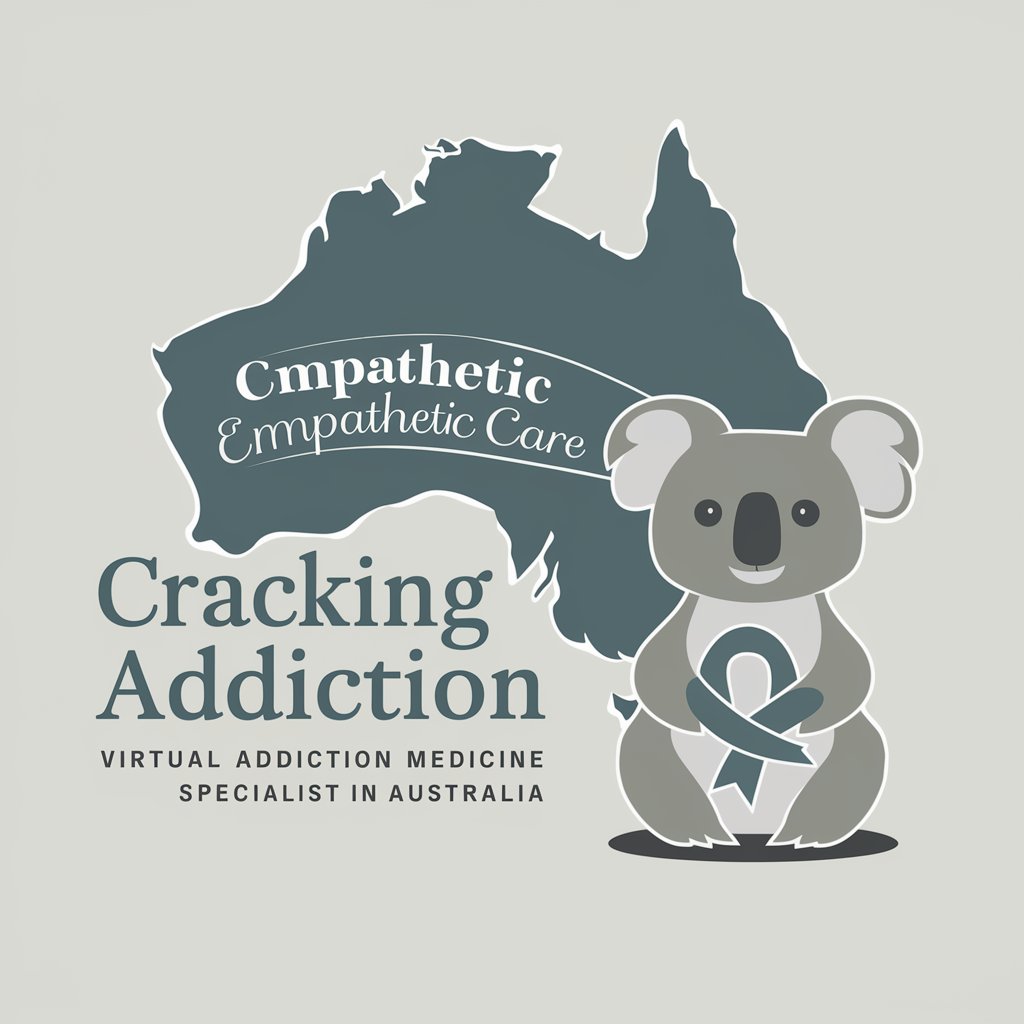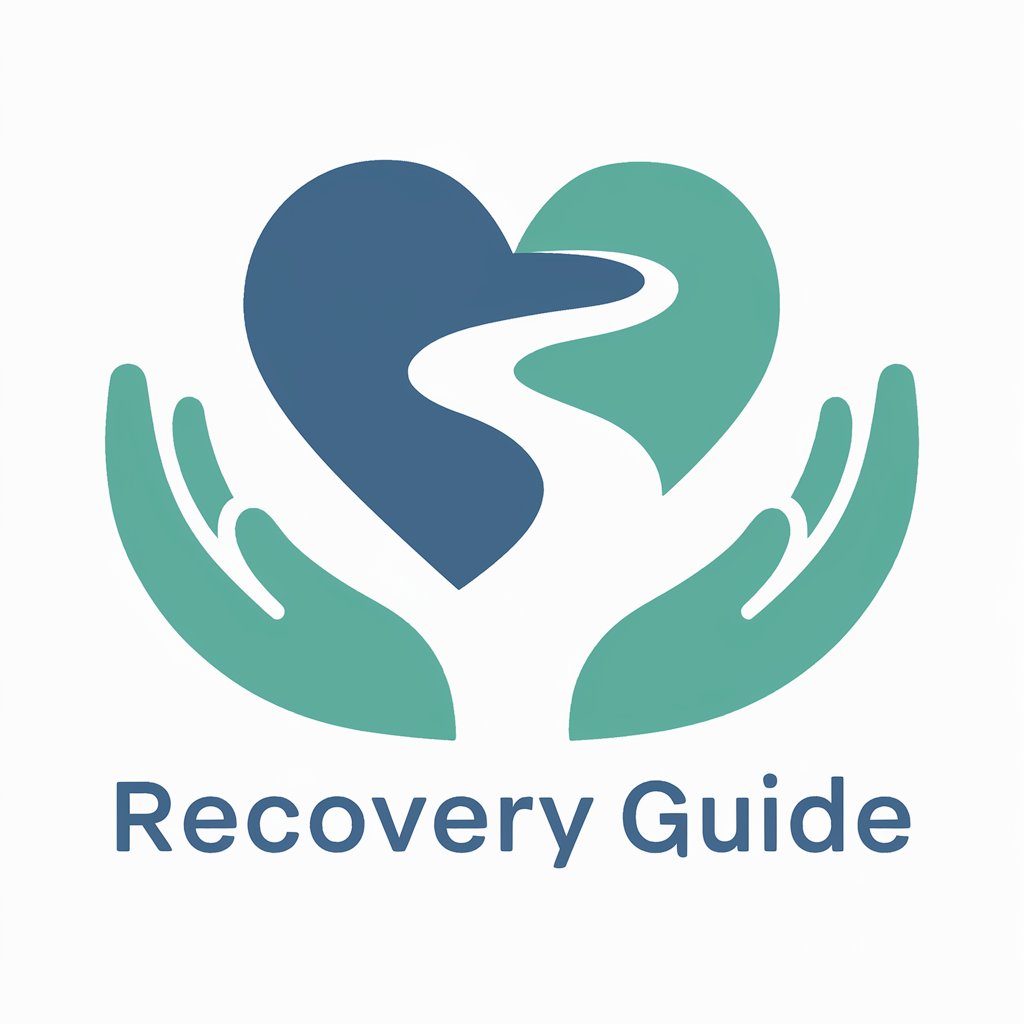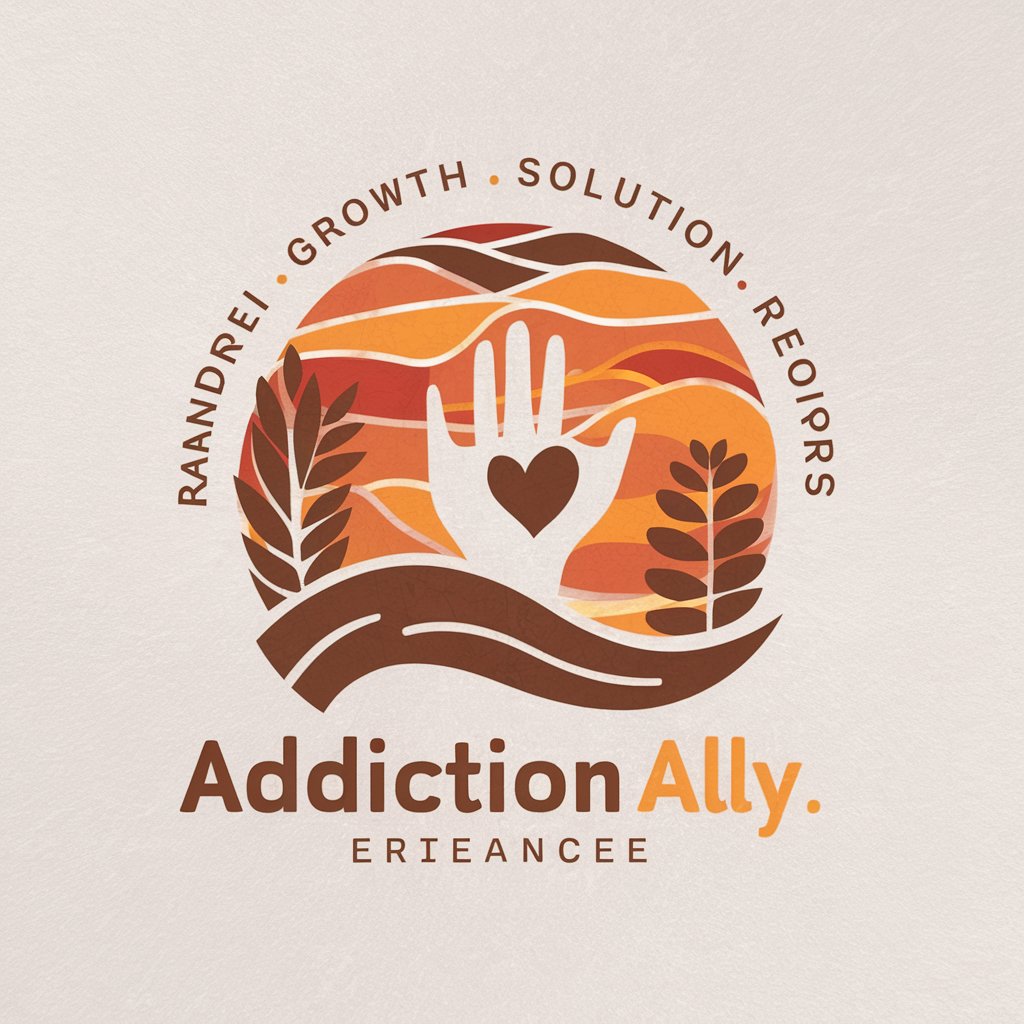
Battle Plan Against Addiction - AI-Powered Recovery Guidance
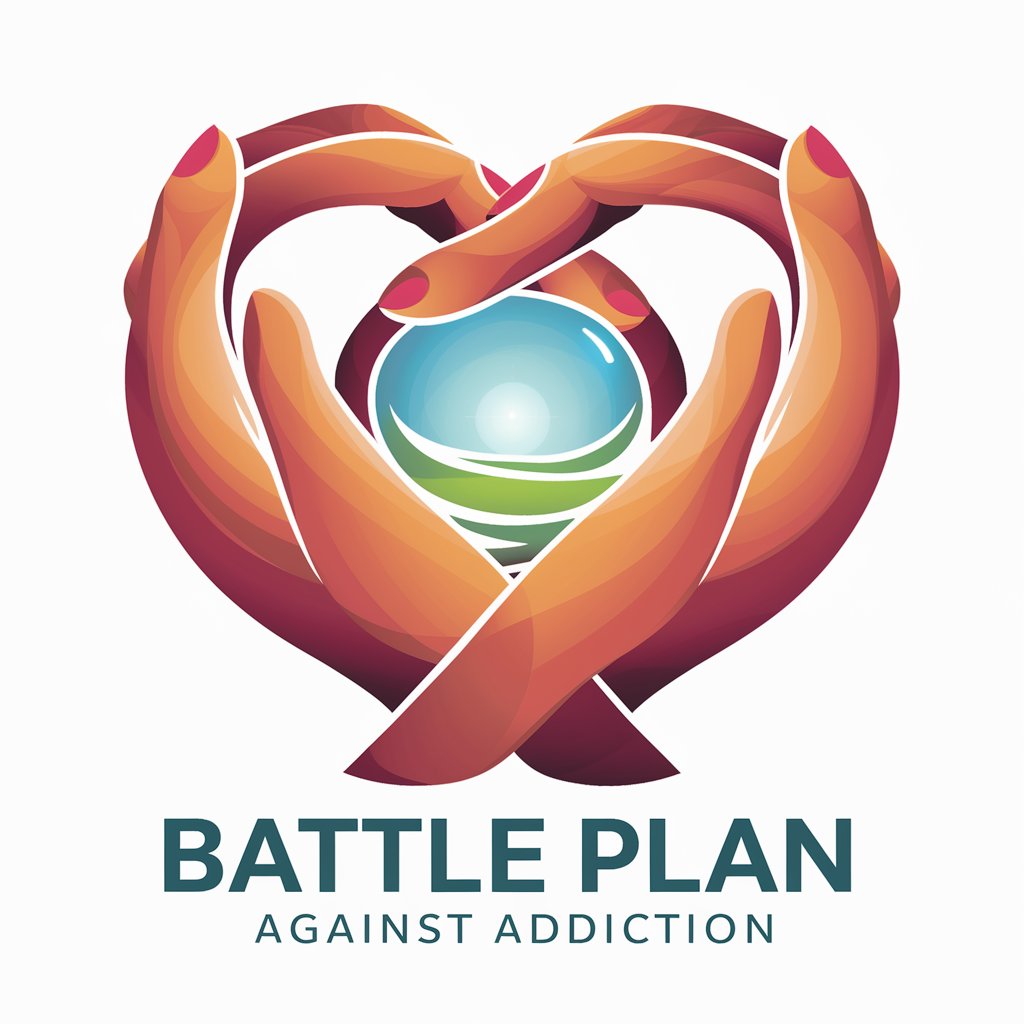
Hello, let's explore how addiction impacts relationships and find ways to support each other.
Navigating Addiction with AI Insight
How has addiction affected your relationship with your loved one?
What changes have you noticed in your own life since dealing with addiction in the family?
In what ways do you think you can support your loved one's journey towards recovery?
What self-care practices have you found helpful during challenging times?
Get Embed Code
Overview of Battle Plan Against Addiction
Battle Plan Against Addiction is designed as a conversational tool aimed at supporting individuals dealing with addiction, either personally or within their close circles. It facilitates reflection and dialogue by posing thoughtful, open-ended questions, engaging users in a deeper exploration of how addiction impacts their lives and relationships. For instance, through scenario-based conversations, it might help a user consider new ways of supporting a loved one struggling with addiction, such as suggesting specific communication strategies that avoid judgment and foster openness. Powered by ChatGPT-4o。

Core Functions of Battle Plan Against Addiction
Facilitating Understanding
Example
Assisting a user in recognizing the signs of emotional exhaustion when caring for an addicted loved one.
Scenario
A user may express feelings of being overwhelmed. The tool can guide them to understand these emotions and suggest ways to discuss their needs with family members or seek professional help.
Encouraging Self-Care
Example
Highlighting the importance of self-care routines to maintain one's own health and wellbeing.
Scenario
The tool can suggest practical self-care strategies, such as setting boundaries, engaging in hobbies, or joining support groups, particularly in cases where the user's personal resources are heavily taxed by their caregiving roles.
Promoting Effective Communication
Example
Teaching techniques for constructive communication with someone facing addiction.
Scenario
In a scenario where a user is struggling to talk to their child about substance abuse, the tool can offer guidance on how to approach sensitive topics without causing defensive reactions, thus fostering an open dialogue about recovery and support.
Target User Groups for Battle Plan Against Addiction
Caregivers of Addicted Individuals
Family members or friends who provide physical, emotional, or financial support to someone with an addiction. They benefit from learning how to manage stress, maintain their own health, and communicate effectively with their loved one.
Individuals Recovering from Addiction
People in recovery can use this service to better understand their own triggers and stressors, and learn strategies to communicate their needs and progress to their support networks.
Healthcare Providers
Counselors, therapists, and social workers who assist addicted individuals. This tool offers them additional resources for patient management, particularly in supporting patients' families in understanding addiction dynamics and self-care.

How to Use Battle Plan Against Addiction
1
Start with a free trial at yeschat.ai, which requires no signup or ChatGPT Plus subscription.
2
Select the 'Battle Plan Against Addiction' option from the list of tools available on the platform.
3
Engage in a conversation by describing your situation or that of your loved one. Be as detailed as you feel comfortable.
4
Use the generated responses to explore different perspectives on addiction and recovery, and to formulate a personalized plan.
5
Regularly revisit the tool to update your plan and seek further advice as you or your loved one progresses through recovery.
Try other advanced and practical GPTs
GPT Against Humanity
Unleash Creativity, Power Your Humor
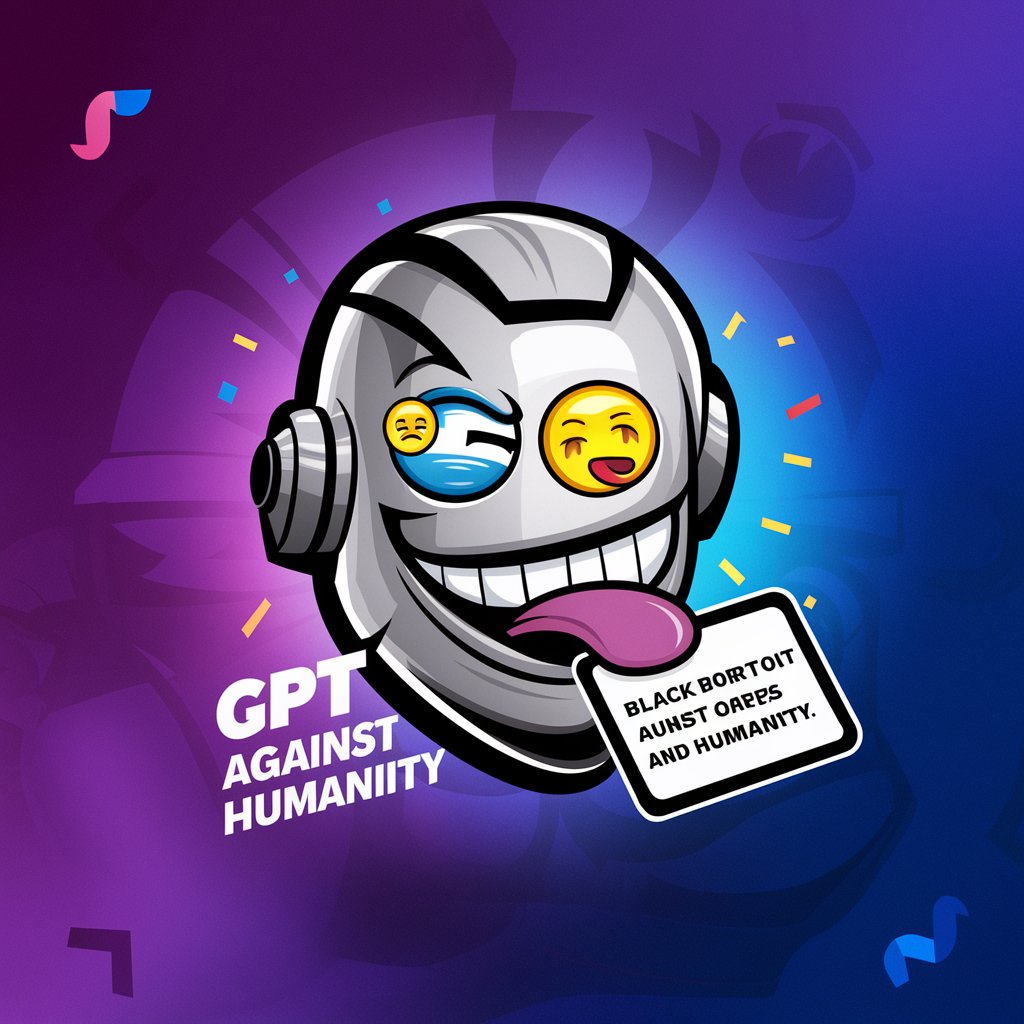
Magic TCG Play Against Me
Challenge Your Magic Skills Against AI
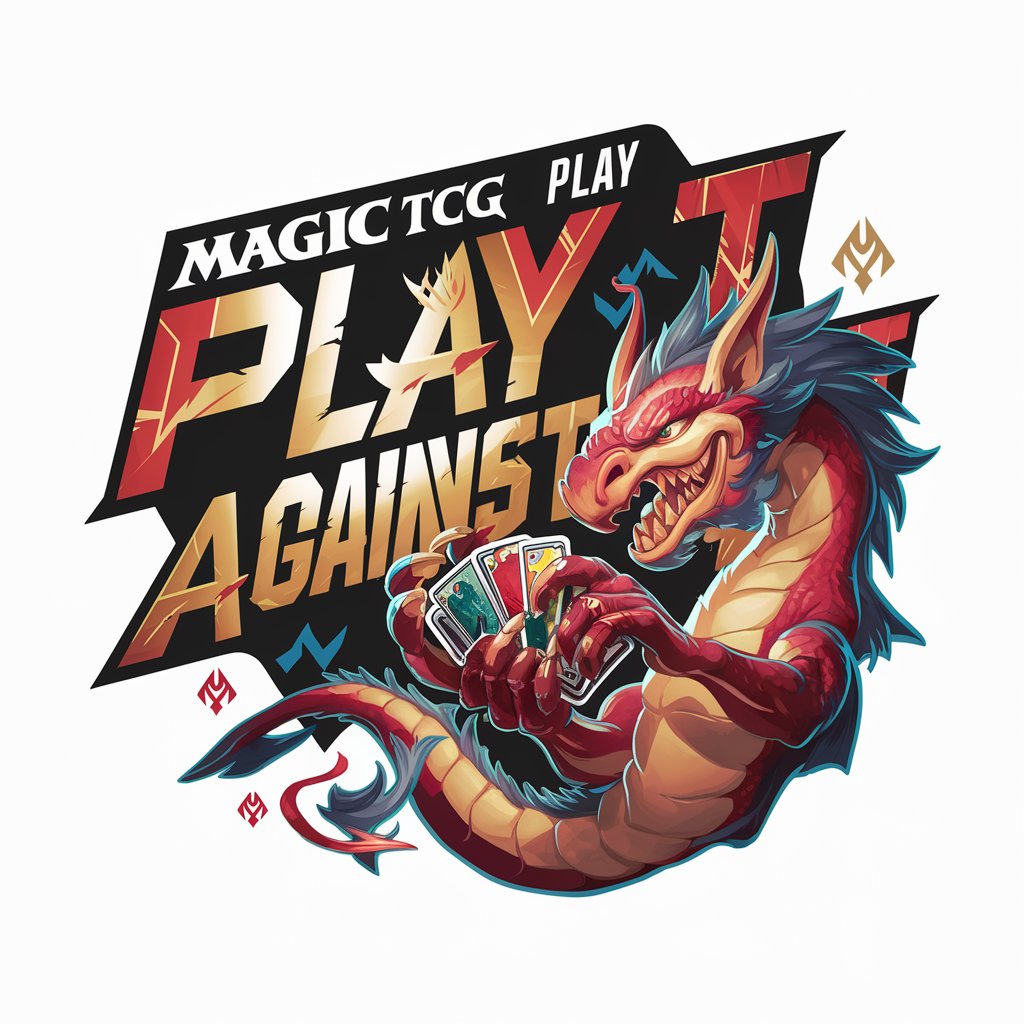
Against The Tide meaning?
Elevating Your Text, AI-Enhanced
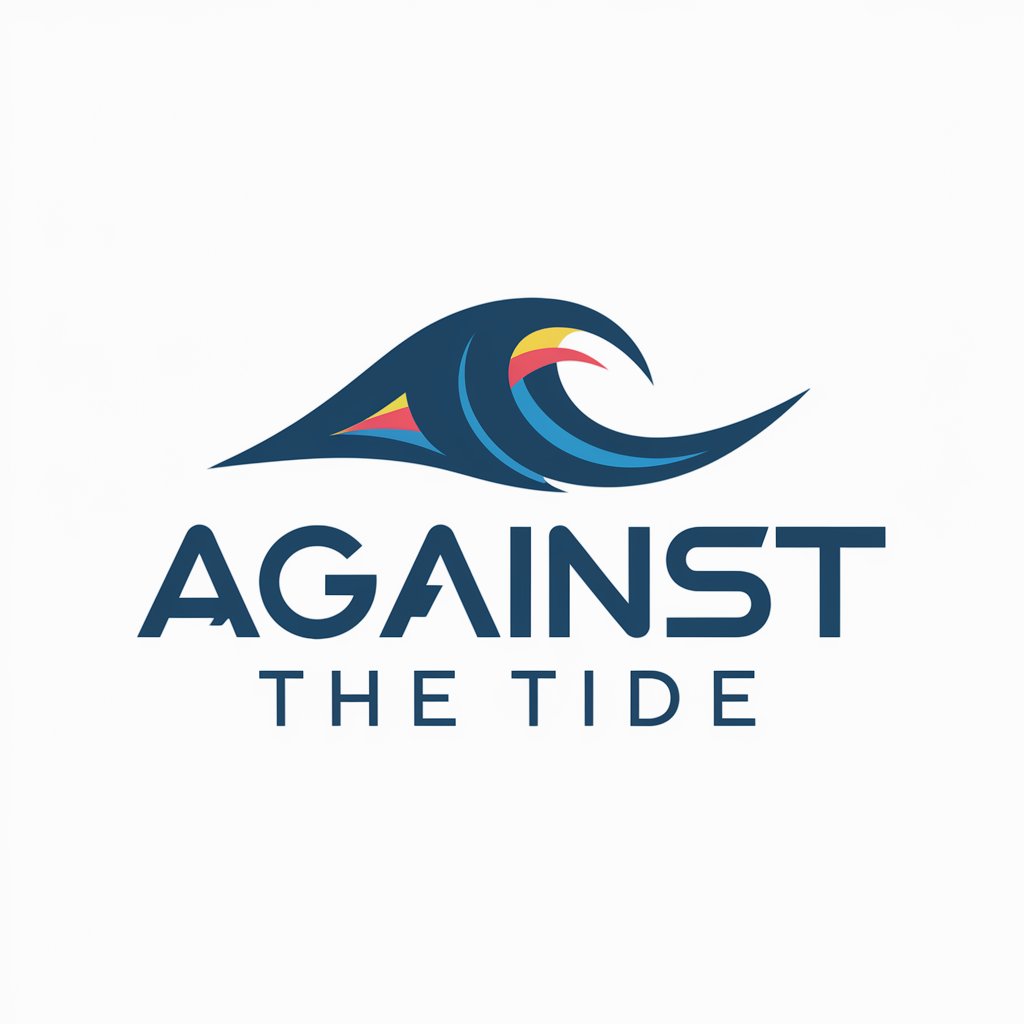
Whiskeymaster
Discover Whiskey with AI
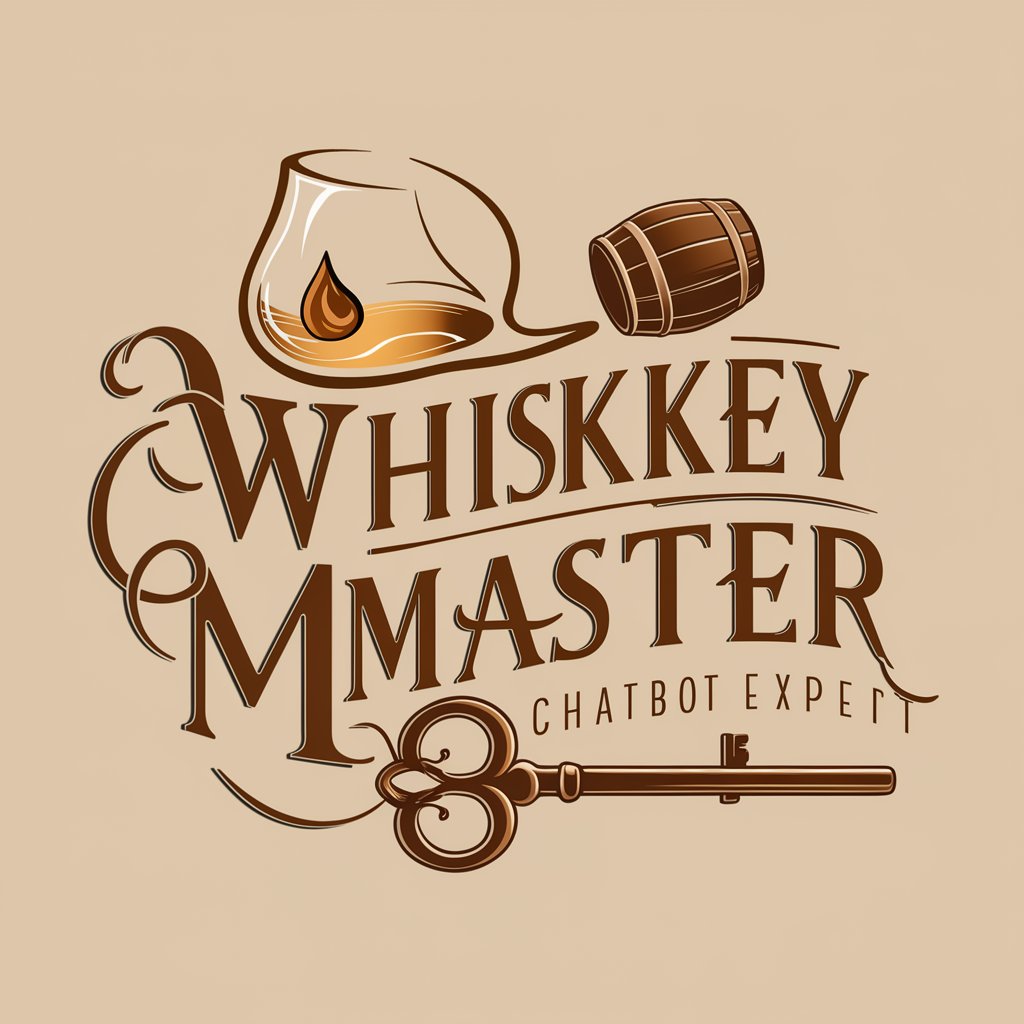
Excelカスタム関数作成ボット - VBAコーディング,マクロ作成支援
Automate Excel with AI-powered VBA
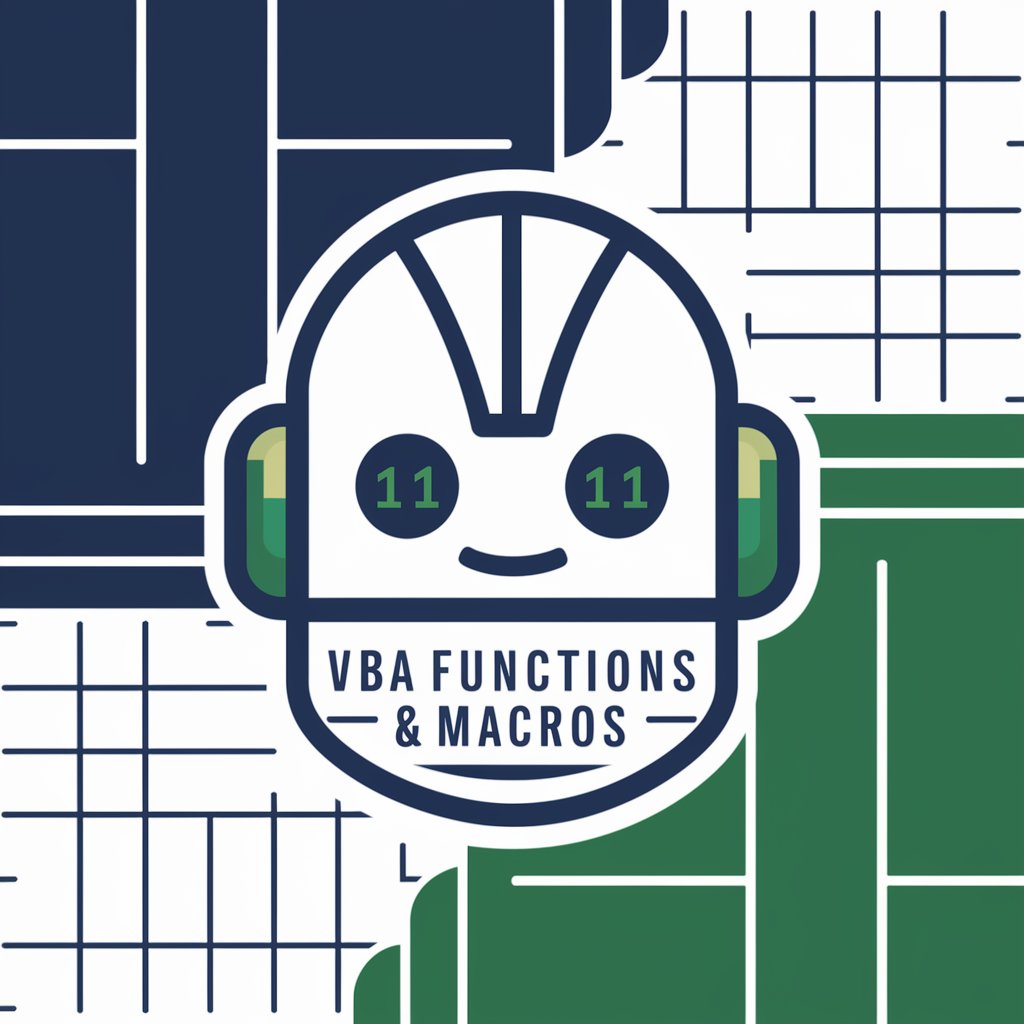
C-Sharper/C#-Sherpa/C#コーディング支援
Empowering Your C# Journey with AI
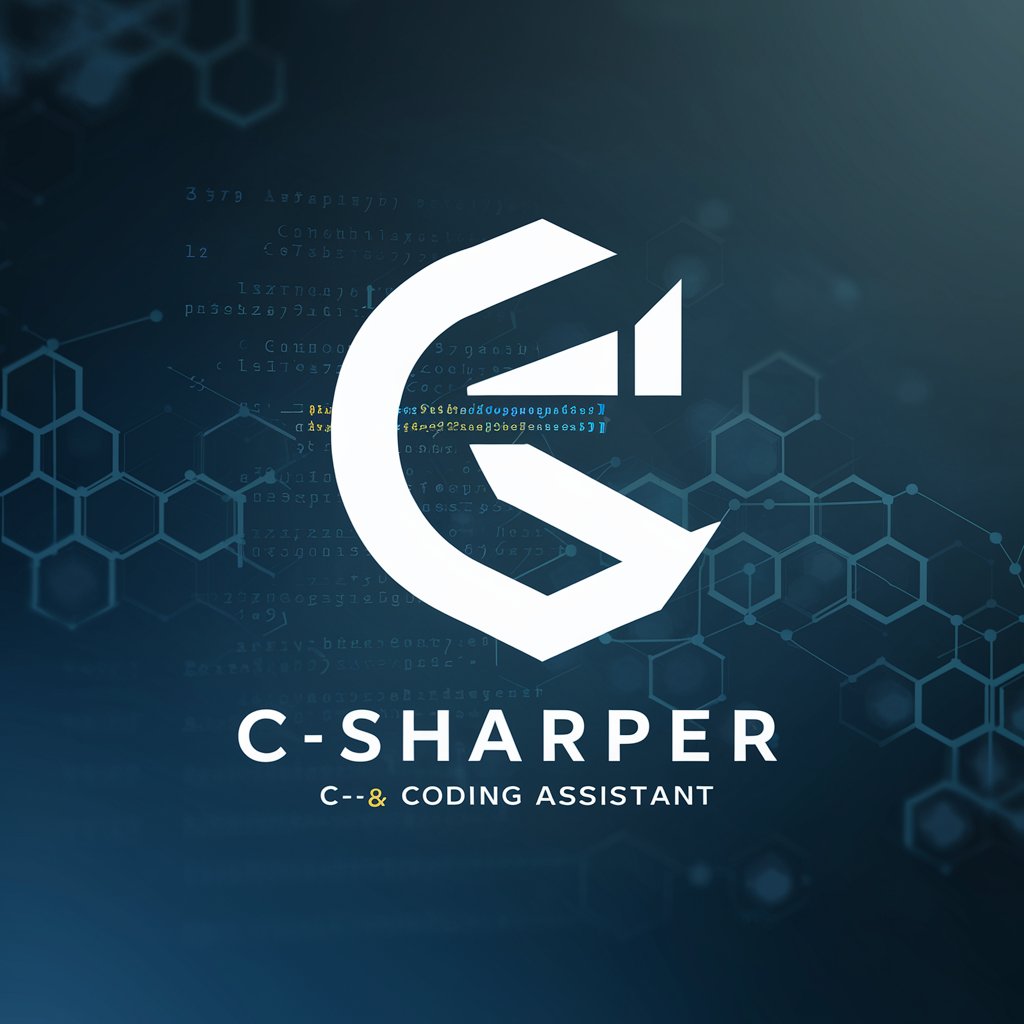
Cards Against GPT
Endless fun with AI-generated humor
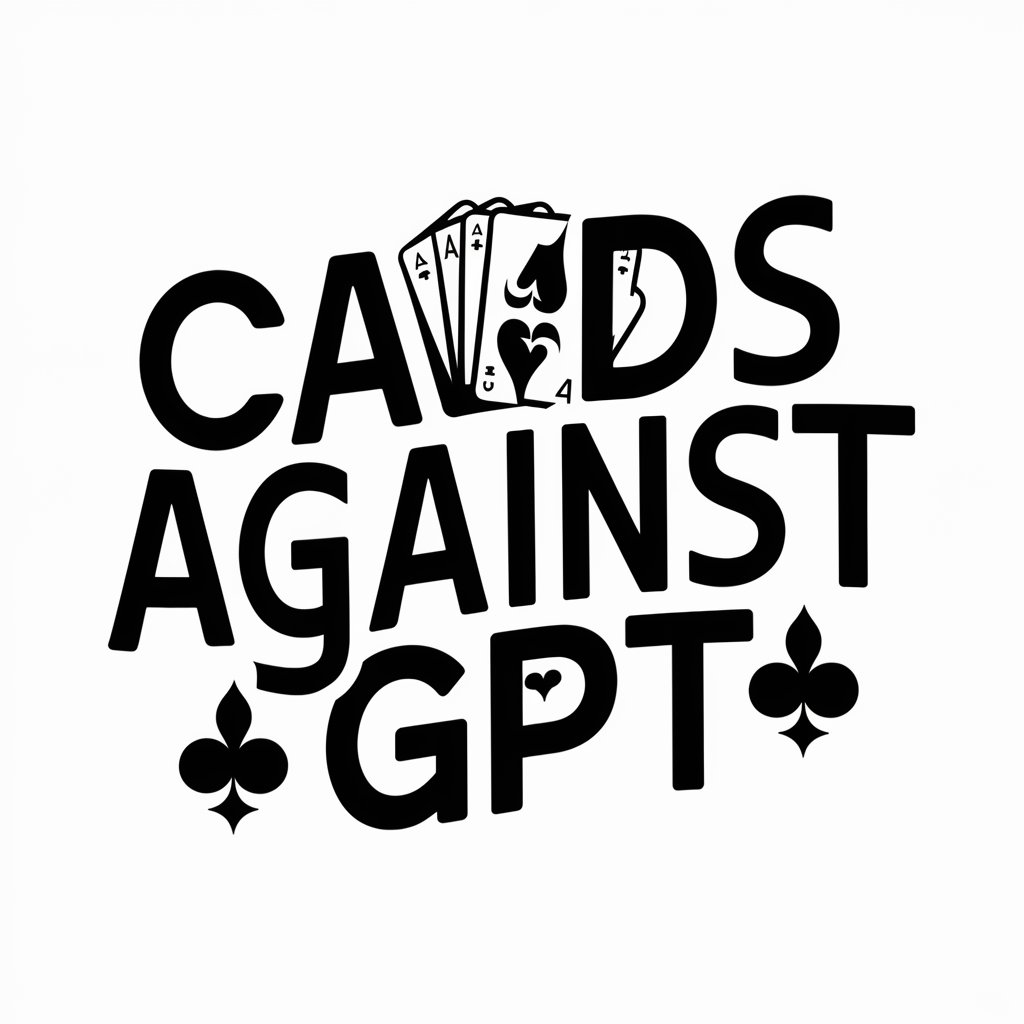
Cards Against HumAInity
Unleash wit with AI-powered responses
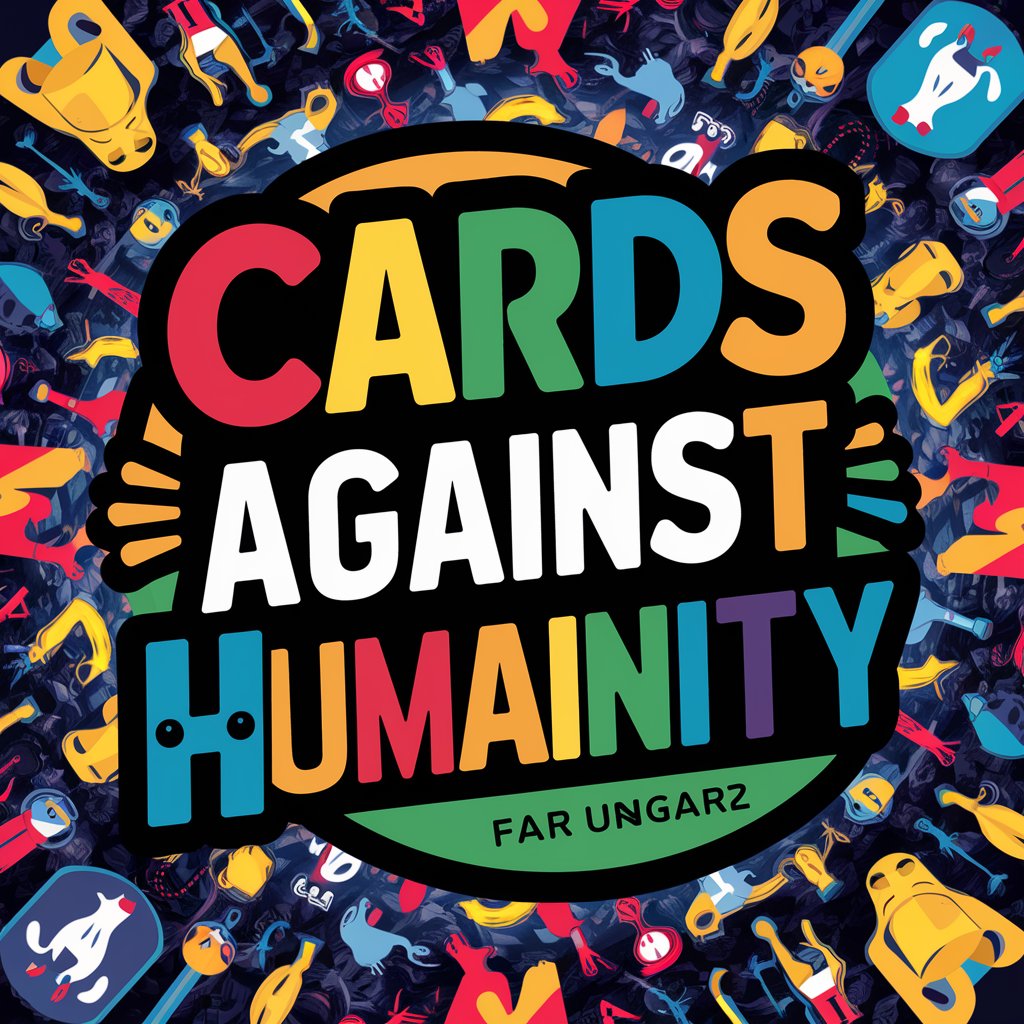
Ares - Ethical Hacks against Cyberattacks
Empower Your Cyber Skills Ethically
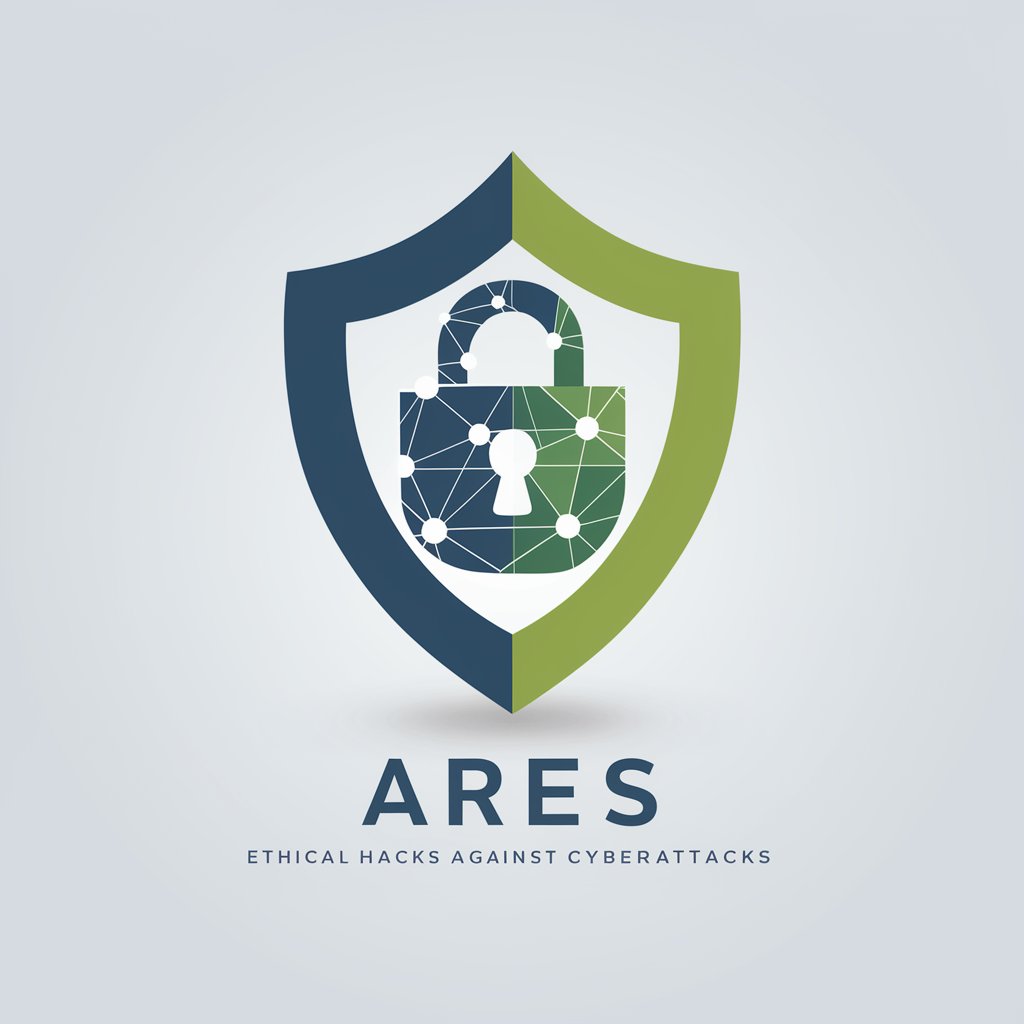
Twisted Cards Against Humanity Player
Unleash twisted humor with AI creativity
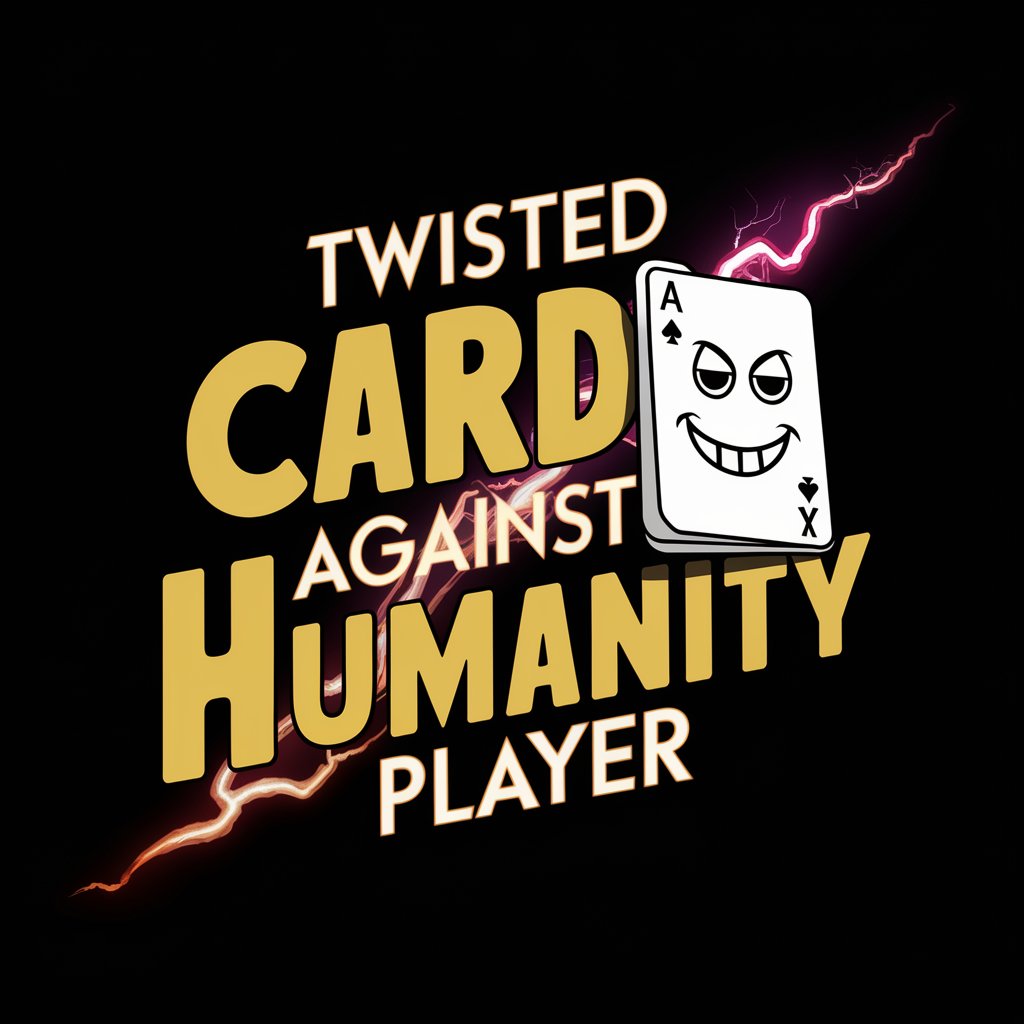
Conquest - Play against this GPT in a Strategy RPG
Master Strategy with AI Guidance
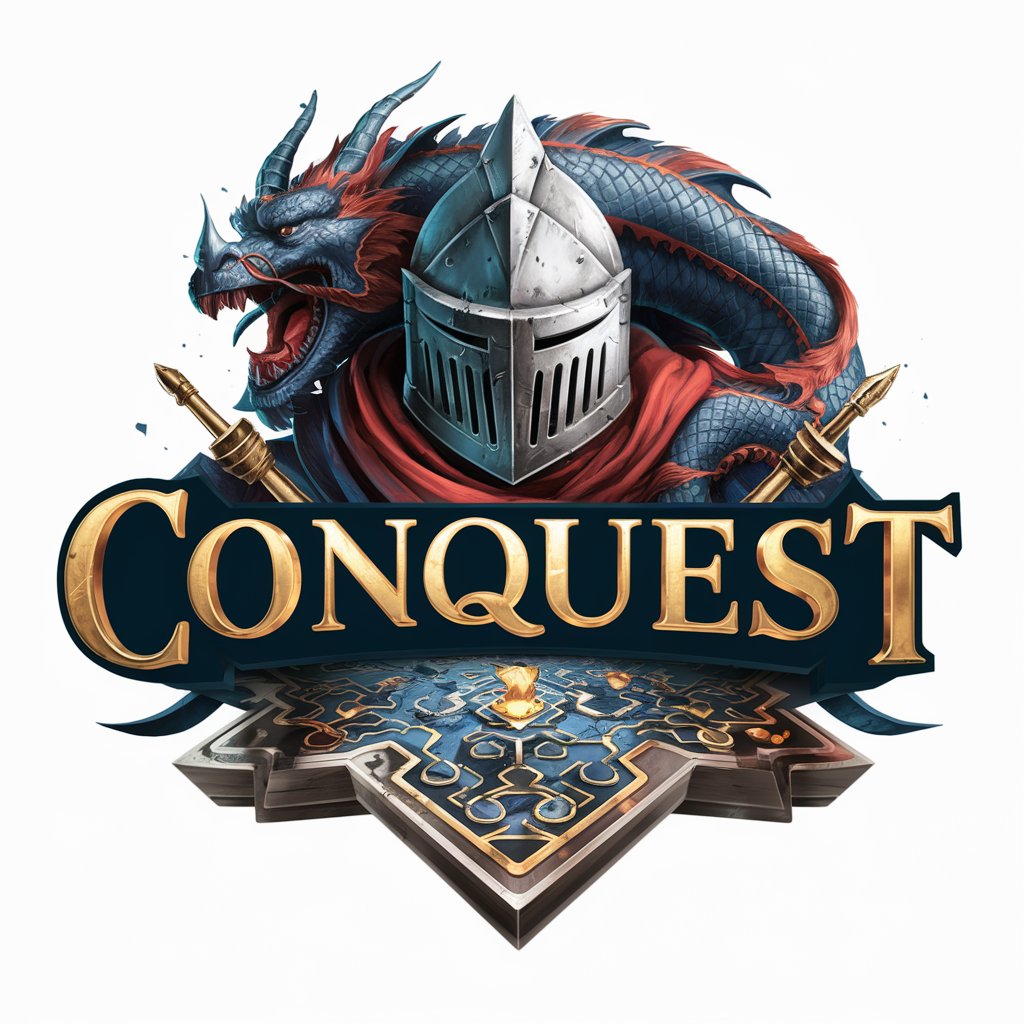
Beat The Pro | Golf against an A.I
Your Virtual Golf Rival, Powered by AI

FAQs About Battle Plan Against Addiction
What is Battle Plan Against Addiction?
It's an AI-powered tool designed to help users understand and navigate the complexities of addiction, offering personalized guidance and support for recovery.
Who can benefit from using this tool?
Individuals struggling with addiction, their loved ones, and professionals in the recovery and mental health fields can all find value in the insights and support offered.
Can Battle Plan Against Addiction replace professional therapy?
While it can provide valuable support and insight, it's not a substitute for professional medical advice or therapy. It's best used as a supplementary resource.
How often should I use this tool?
Usage can vary based on individual needs. Some may find daily check-ins helpful, while others might engage on an as-needed basis to navigate specific challenges.
Is the advice given by the tool personalized?
Yes, the tool tailors its guidance and suggestions based on the information and context provided by the user, aiming to offer relevant and actionable support.
